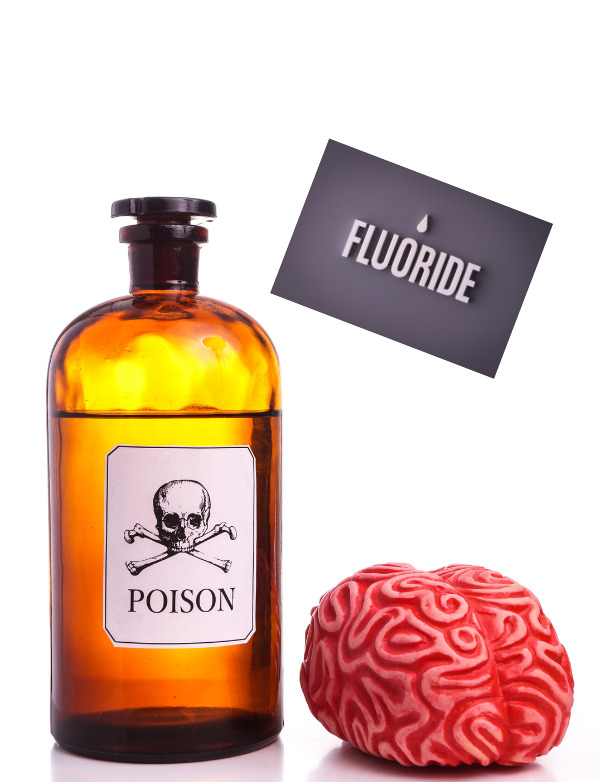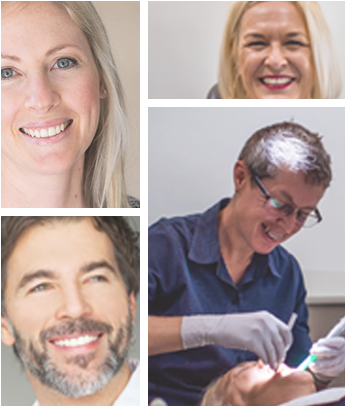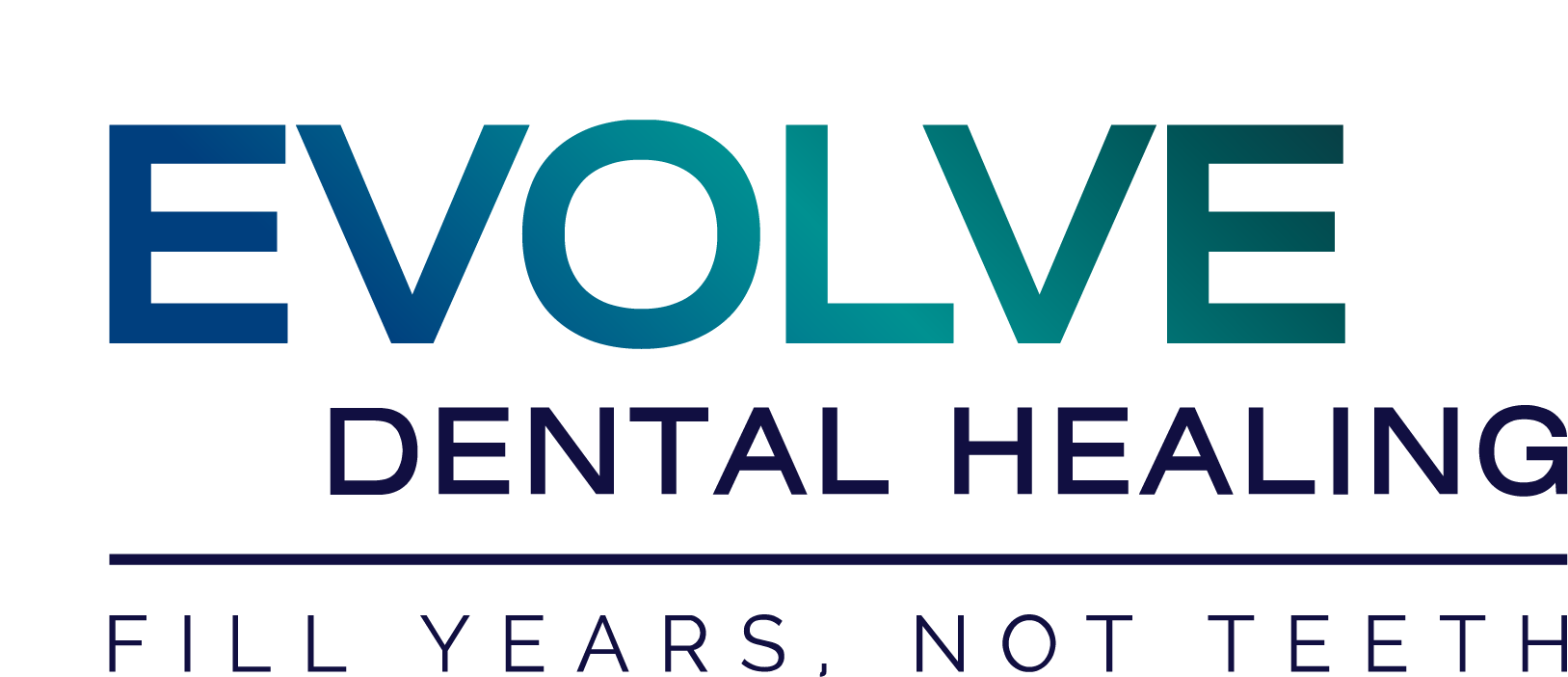Fluoride and The Pituitary Gland

There are studies that raise concerns about the use of fluoride and the pituitary gland. Research shows that fluoride causes issues with this important endocrine gland that is responsible for playing a major role in regulating vital body functions and general well-being.
The pineal gland is referred to as the body’s ‘master gland’ because it controls the activity of most other hormone-secreting glands.
Fluoride: Its effect on the pituitary gland
Sometimes, fluoride can lead to low levels of thyroid hormones. This causes the pituitary gland to release more thyroid-stimulated hormone (TSH), which can cause health complications.
Iodine is responsible for proper thyroid function.
However, fluoride can interfere with iodine’s ability to produce hormones in the thyroid gland.
If the body cannot produce enough thyroid hormones, a person can develop hypothyroidism.
Fluoride and the endocrine system
The endocrine system comprises various organs and structures in the body that produce hormones.
These hormone chemicals act as messengers across the body and influence the function of other organs and structures.
Fluoride affects two glands in the endocrine system: the pituitary and pineal glands. This can have various hormonal effects:
- TSH: Studies confirm fluoride affects the production of thyroid hormones. This drives the pituitary gland to release more TSH, which stimulates the thyroid gland in an attempt to produce more thyroid hormones.
- Melatonin: Fluoride accumulates in the pineal gland, which produces melatonin, a hormone that is responsible for establishing sleep patterns. Some experts suggest fluoride’s effect on the pineal gland reduces the amount of melatonin produced, affecting a person’s sleep.
- Sex hormones: Research suggests that fluoride can reduce sex hormones. Effects on sex hormones can cause problems with fertility and puberty.
- Insulin: Another possible effect of fluoride on the endocrine system is blocking the function of the pancreas. This can affect insulin levels and how the body controls blood sugar.
- Cortisol: Some experts suggest that fluoride also affects the adrenal glands and decreases the levels of another hormone called cortisol.
Why Advocate Flouride If It Harms The Pituitary Gland
Despite having many possible effects on the endocrine system, dentists and health promotions say that fluoride has its place in keeping people healthy.
This is a fact I would argue strongly against.
Fluoride is NOT an essential nutrient and nobody dies from fluoride deficiency and your teeth do not rot and get cavities because you don’t have fluoride.
How Fluoride Effects the pituitary gland
Fluoride may affect hormones that the pituitary gland releases.
The pituitary gland responds to thyroid-releasing hormone. This stimulates the release of TSH, which acts on the thyroid gland to release the thyroid hormones T3 and T4.
These communicate back to the pituitary gland to stop making TSH, controlling how much T3 and T4 the thyroid releases.
According to researchers, fluoride may reduce the production of T3 and T4. It interferes with iodine’s ability to produce these hormones in the thyroid gland, which can cause a condition called hypothyroidism.
With low levels of T3 and T4, people may experience:
- a higher risk of metabolic syndrome
- low cholesterol levels
- pregnancy loss and preterm birth, if they are pregnant
- negative impacts on growth and brain development in infants born from a person with hypothyroidism
However, in a 2018 study, researchers found that higher fluoride exposure did not result in higher TSH levels.
People with both high fluoride levels and low iodine levels tend to have higher levels of TSH. So, having adequate iodine levels in the body may bypass the effect of fluoride on the pituitary gland.
Effect on the pineal gland
Fluoride accumulates in the pineal gland, which is at the center of the brain’s two halves. This small gland produces melatonin, a hormone that has an important role in establishing sleep patterns.
Some experts suggest that by accumulating in the pineal gland, fluoride stops the production of melatonin.
However, few studies exist to confirm the effect of fluoride on melatonin and sleep patterns.In one 2019 study, researchers explored whether high exposure to fluoride is associated with changes in sleep patterns in adolescents. The results suggest that increases in people’s exposure to fluoride through drinking water elevated the risk of sleep disturbances such as sleep apnea.
Higher fluoride exposure also affected weekday bedtime and wake time. Adolescents in the study reported getting to sleep 24 minutes later and getting out of bed about 26 minutes later.
However, despite the possible effect on different hormones, doctors and dentists still recommend fluoride due to its purported benefits for tooth health.
In my opinion, this is a grave mistake – especially when nutrition, Vitamin D and K2 supplementation and the use of a hydroxyapatite toothpaste are far more beneficial and effective without the harmful impacts on the endocrine system.
Holistic Dentistry Brisbane for Fluoride Free Dental Care
A Holistic Dentist’s Thoughts on Fluoride
I know it might be surprising for a dentist to say people don’t need fluoride, I stand by my beliefs here.
The development of nano-hydroxyapatite toothpaste has completely eliminated the need for even prescription-strength fluoride toothpastes and varnishes.
This toxin was introduced into public water supplies throughout the second half of the 20th century and is currently present in the public water here in Brisbane.
However, there is little to no research supporting its claimed ability to prevent cavities when ingested.
Additionally, consuming fluoride via tap water and other sources leads to many dangers, including fluorosis, cancer risk, brain/central nervous system damage, and various disease risks.
Ultimately, we’ve missed the real discussion of the root cause of cavities when we put the focus on using fluoride. To truly prevent and reverse cavities, the best practices you can follow are:
- Prevent dry mouth. Try mouth taping at night to help you stop mouth breathing, and have a conversation with your doctor about any medications that could be causing dry mouth.
- Eat a diet rich in plants, grass-fed proteins, , nuts, seeds, and healthy fats. When you “cheat” with something high in acid, refined carbohydrates, or sugar, spend only a brief time consuming it, rinse your mouth, then brush 30-45 minutes later to neutralise the impact of it to your teeth.
- Incorporate good dental hygiene, such as brushing teeth the right way, tongue scraping, flossing, and getting regular cleanings at the dentist.
- Remember that genetics and epigenetics (the changeable “on-off switch” of your DNA) play a part in dental health. Research shows that epigenetics can be positively influenced by healthy dietary and lifestyle habits—a benefit you can experience not only for yourself, but that you can even pass to your offspring.
That’s what we’re all about here at Evolve Dental Healing not only having the right conversations about dental and oral health, but sometimes changing the conversation.
As a holistic dental practice, our goal is to help you fill years not teeth and live a long and healthy life.
Contact us now to have a new conversation about dental care 07 3720 1811
-
Dr. Rachel Hall
Rachel is the founder and principal dentist at Evolve Dental Healing with over 30 years experience, practising holistically since 2001. Not your typical dentist, Rachel is a passionate opinion leader, challenging convention to empower people to make better dental and health choices, helping thousands to have healthy natural smiles. A respected writer and presenter on holistic dentistry, health and wellness it is Rachel’s mission to revolutionise the way people look at their dental health.
Talk to us for more details and information
CONTACT US
67 Kenmore Road
Kenmore Queensland 4069
Phone: 07 3720 1811
Fax: 07 3720 1899
Email: info@evolvedental.com.au
OPENING HOURS
Monday – Friday: 7:30am – 5:30pm
References and Citations Mercury & Amalgam Fillings




